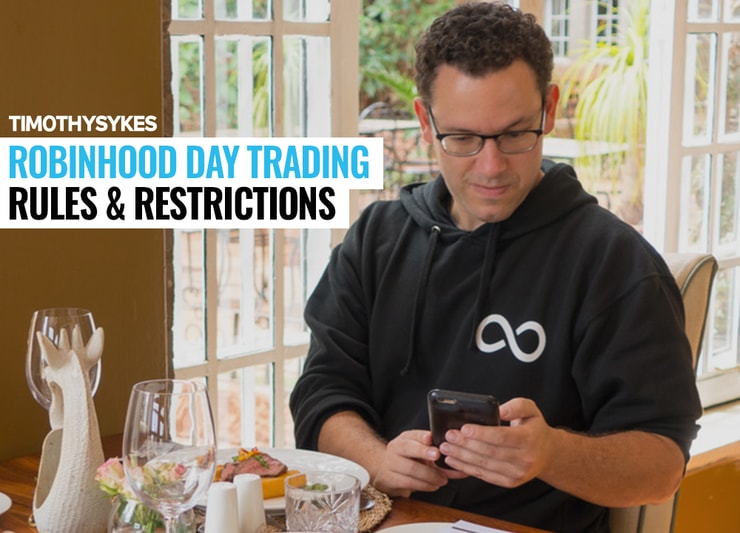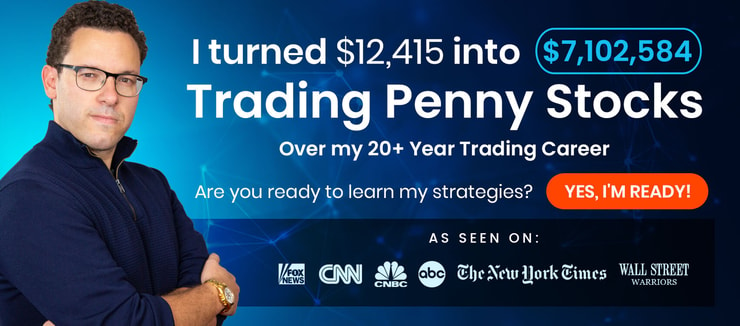So you wanna be a day trader but want to avoid as many fees as possible? Day trading on Robinhood, a self-proclaimed “pioneer of commission-free investing,” probably sounds like the perfect solution.
Maybe you went on Google looking for a broker and came across no-commission Robinhood. You’re thinking, “Done and done! Nailed it SHUT.”
But is it really that easy?
Sorry, but no. There’s a lot more that you should consider before you go with any broker — Robinhood or otherwise.
While the lure of “unlimited commission-free trades” draws in plenty of newbies, it’s important to read the fine print. There could be hidden costs with a broker like this — both direct and indirect.
Choosing a broker is important for any trader, but especially if you want to be involved in the high-speed and high-intensity world of day trading. Execution speed, a reliable platform, and fee structure really, really matter.
Ultimately, which broker you use is your business. But I get SO many DMs and messages from students about Robinhood, so I feel it’s important to share some of what I’ve learned.
This is for all of you who have asked about Robinhood for day trading. In this post, I’ll give you an in-depth look at day trading on Robinhood, including how it works and important restrictions you should know about.
Table of Contents
- 1 What Is Day Trading on Robinhood?
- 2 Day Trading Rules on Robinhood
- 3 How to Use Robinhood for Day Trading
- 4 Is Robinhood Good for Day Trading?
- 5 Disadvantages of Day Trading on Robinhood
- 6 Trading Challenge
- 7 Frequently Asked Questions About Robinhood Day Trading
- 8 The Final Word on Day Trading on Robinhood
What Is Day Trading on Robinhood?
Let’s break this down into two components: day trading and Robinhood.
Day trading refers specifically to trades that you open and close within the same trading day. So, say you’re placing a day trade on Monday, January 13. Within the market hours of this day, you both open and close your position.
Officially, there aren’t overnight holds with day trading. But sometimes it’s worth holding overnight … In this video, I talk about some of the times where it can be a good strategy.
Robinhood is an online brokerage that’s been around since 2013. It made waves when it first opened, branding itself as a commission-free broker. But it’s not necessarily as simple as it sounds.
You’ve heard the phrase “no free lunch.” Robinhood falls into this category.
But we’ll get to that … For now, just know that day trading on Robinhood simply means day trading on that particular trading platform.
Day Trading Rules on Robinhood


